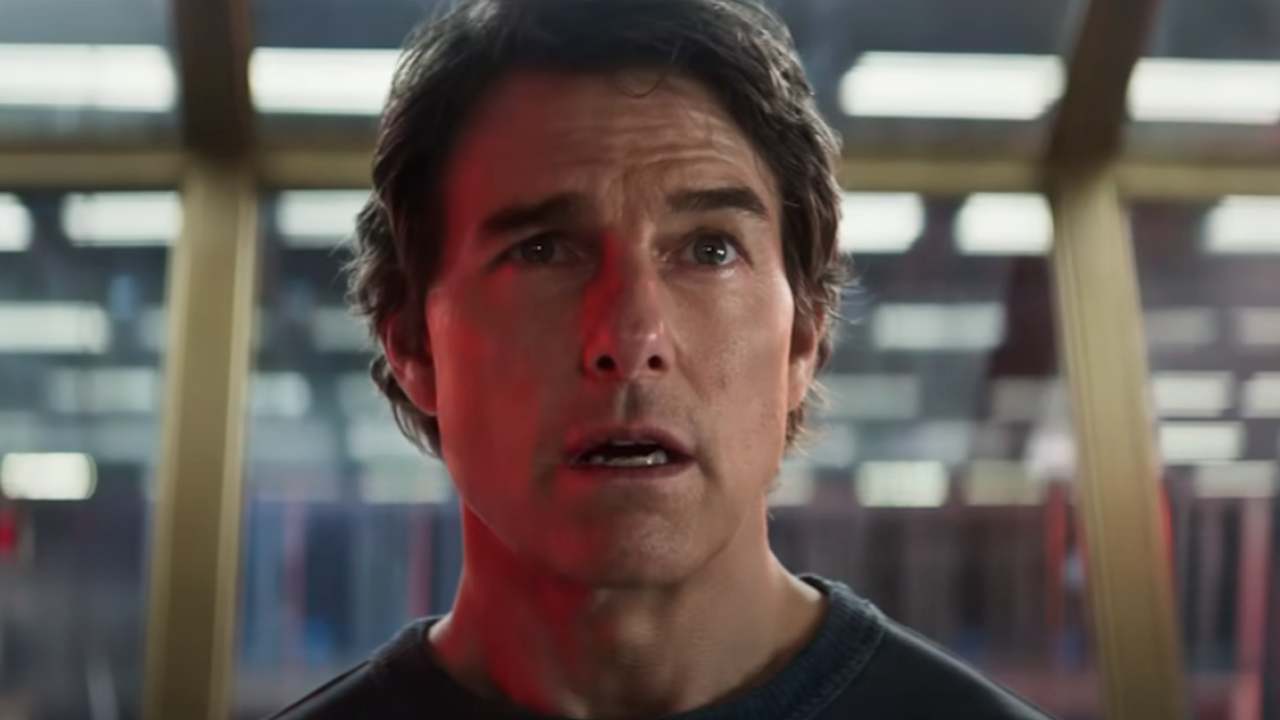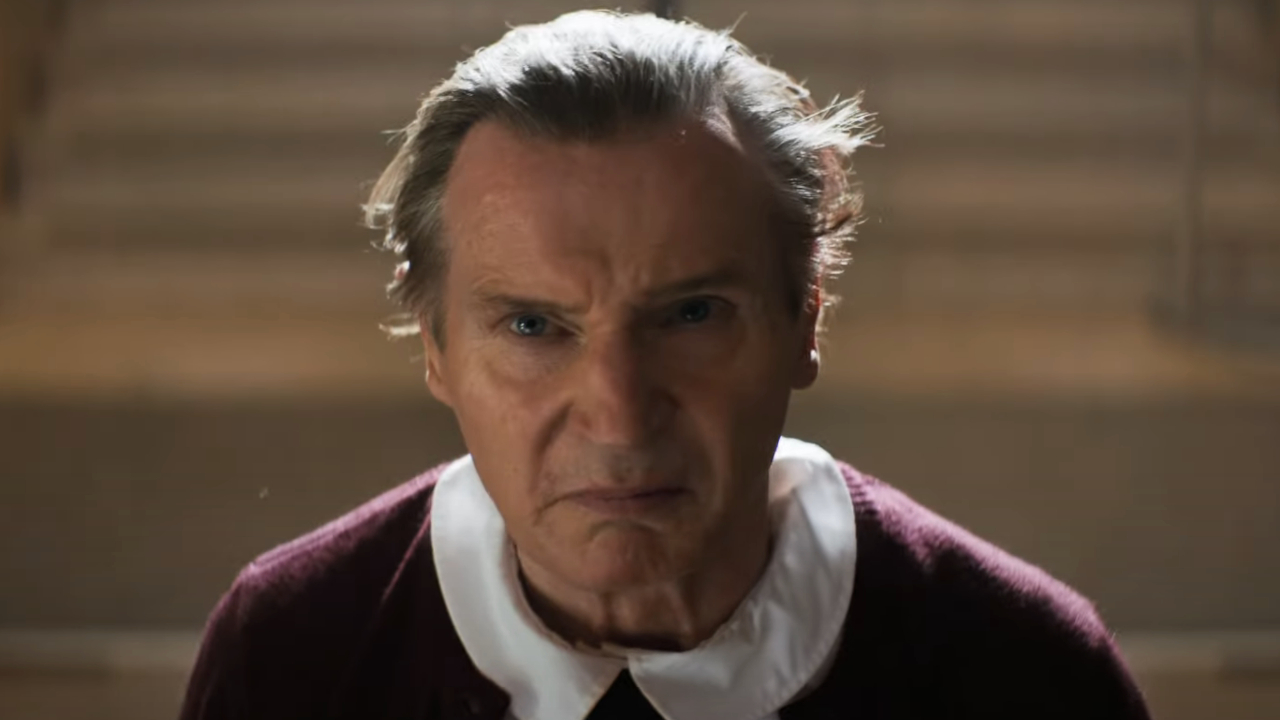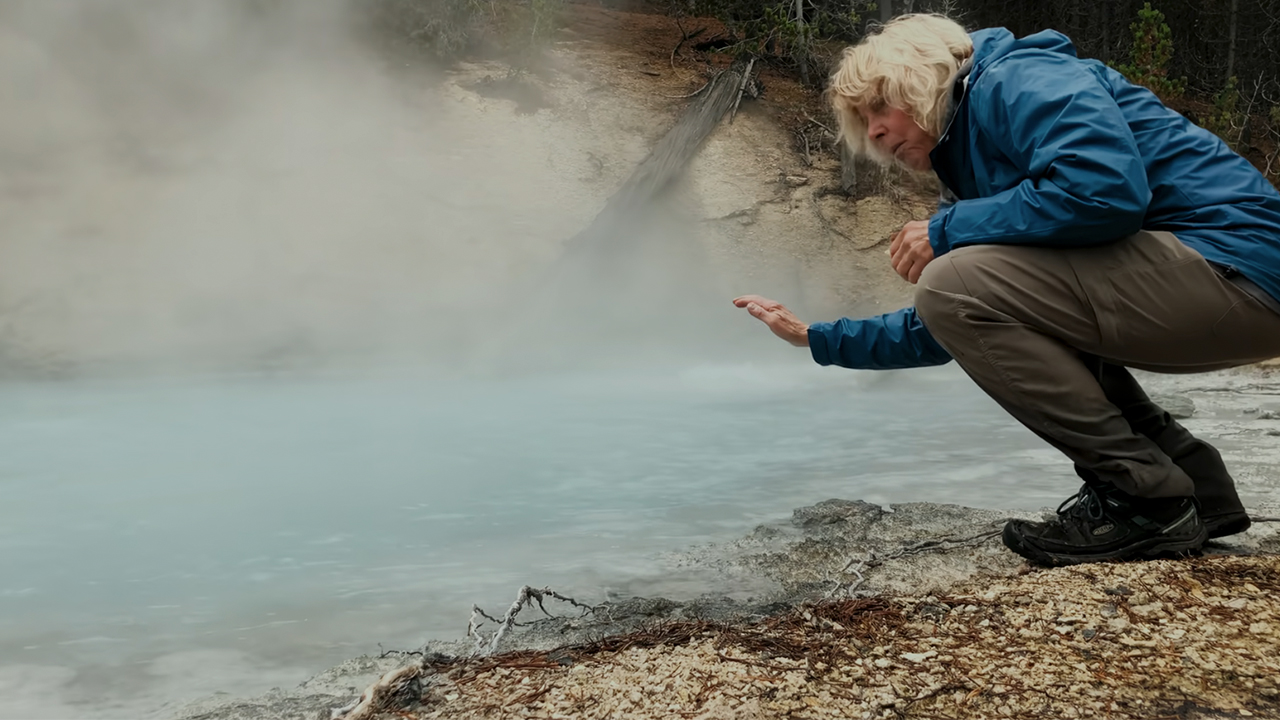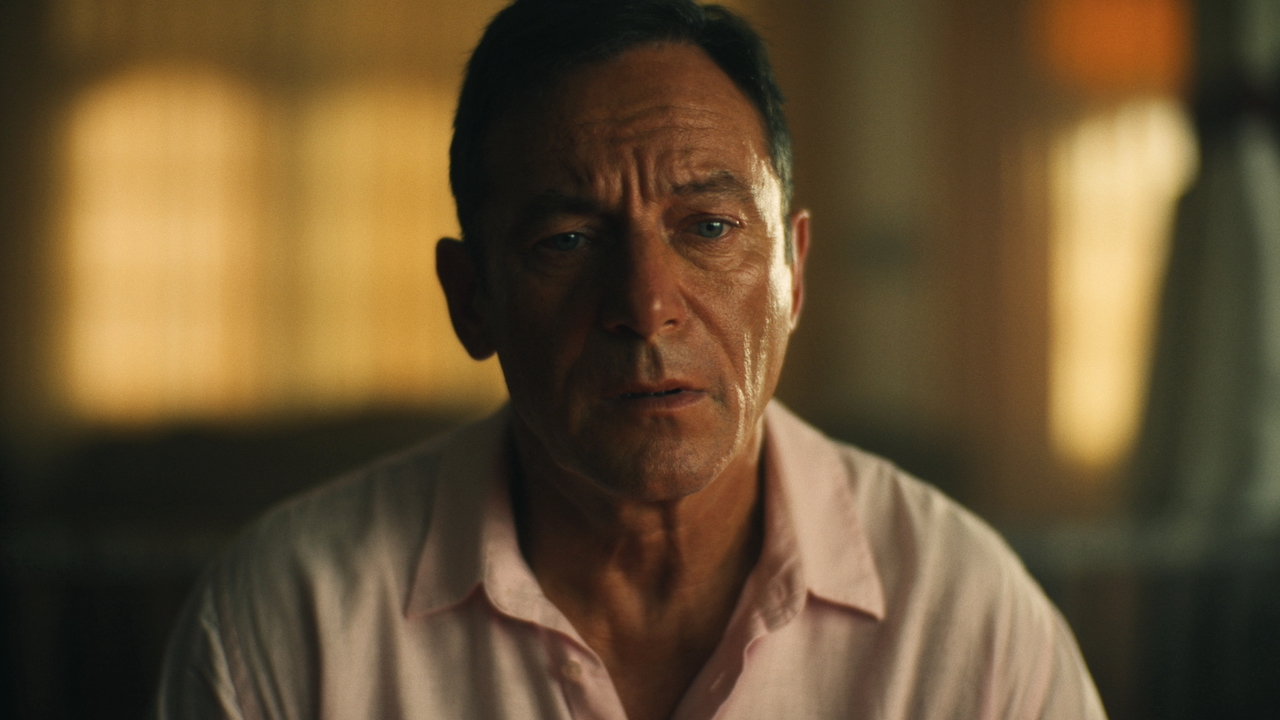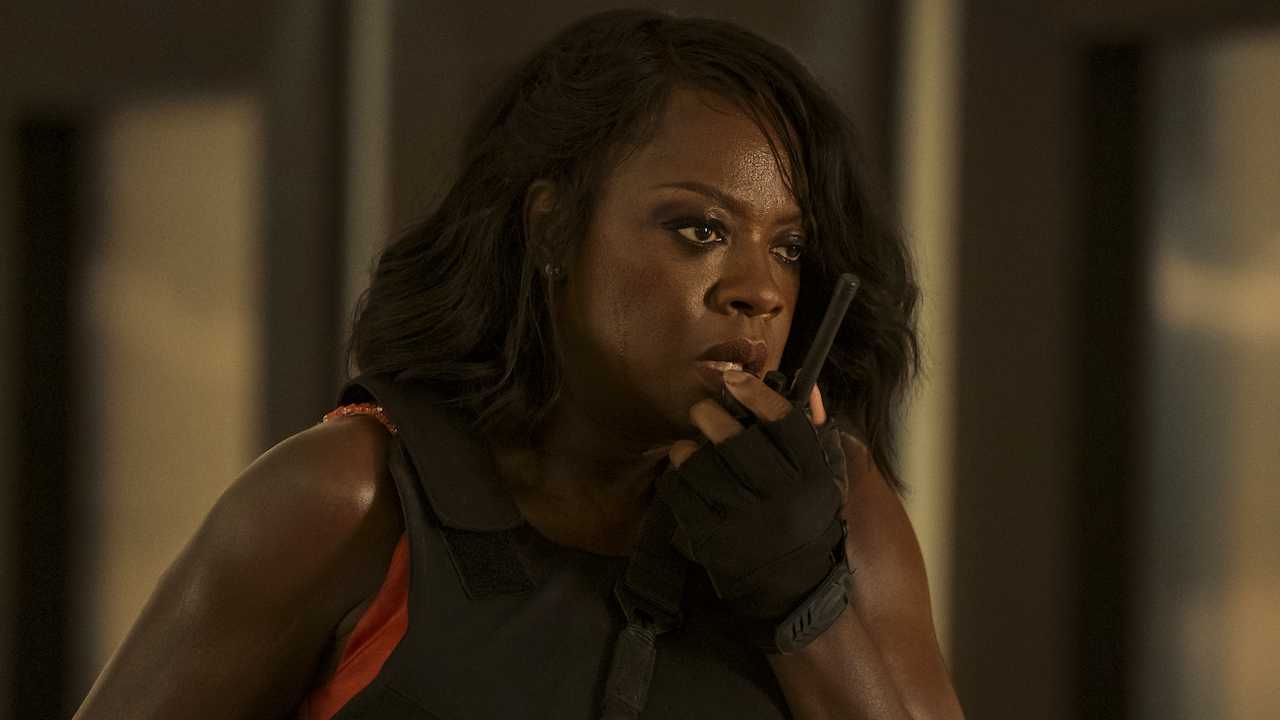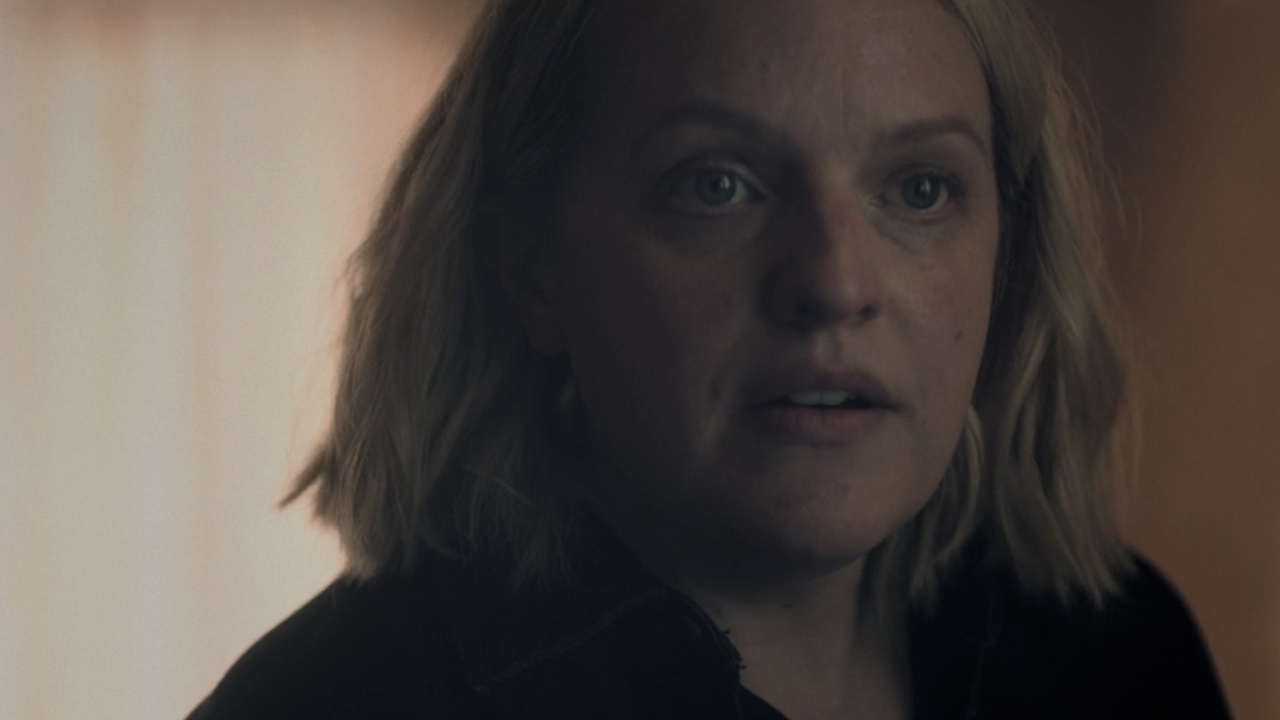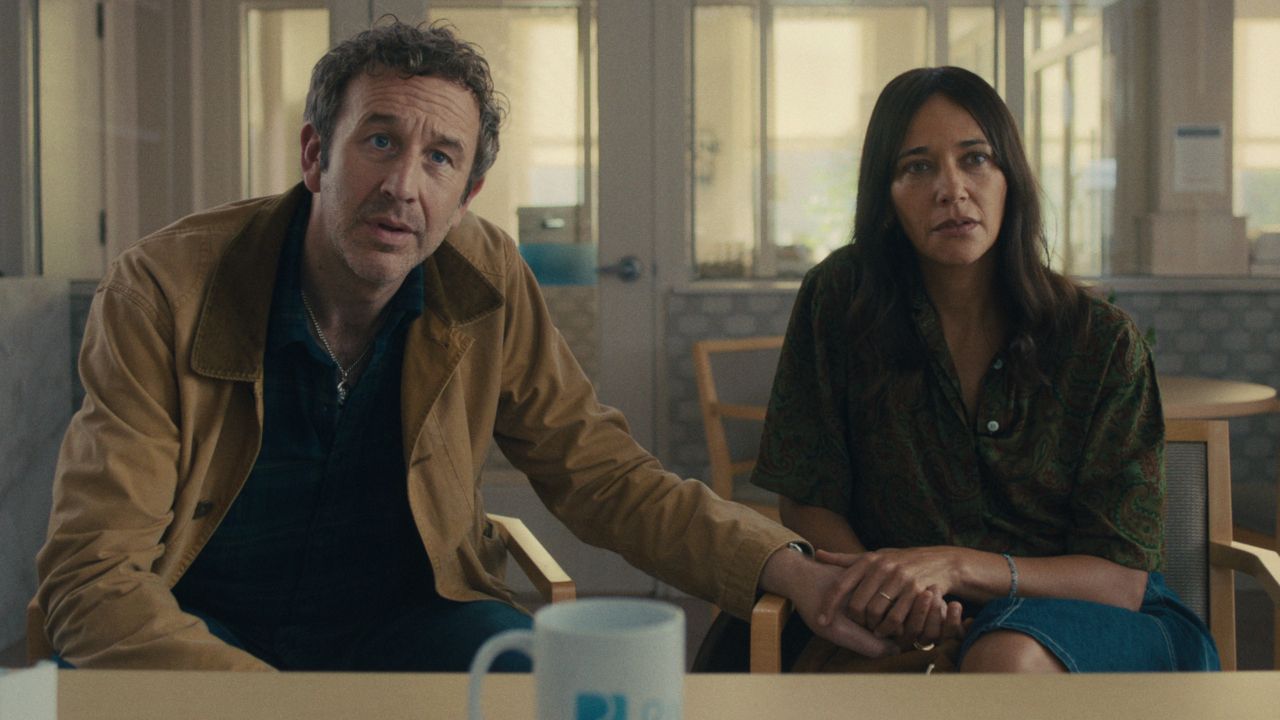The Shawshank Redemption Has A Supposed Plot Hole With The Poster, But Tim Robbins Has A Simple Explanation For It
“So easy. This is so easy.”
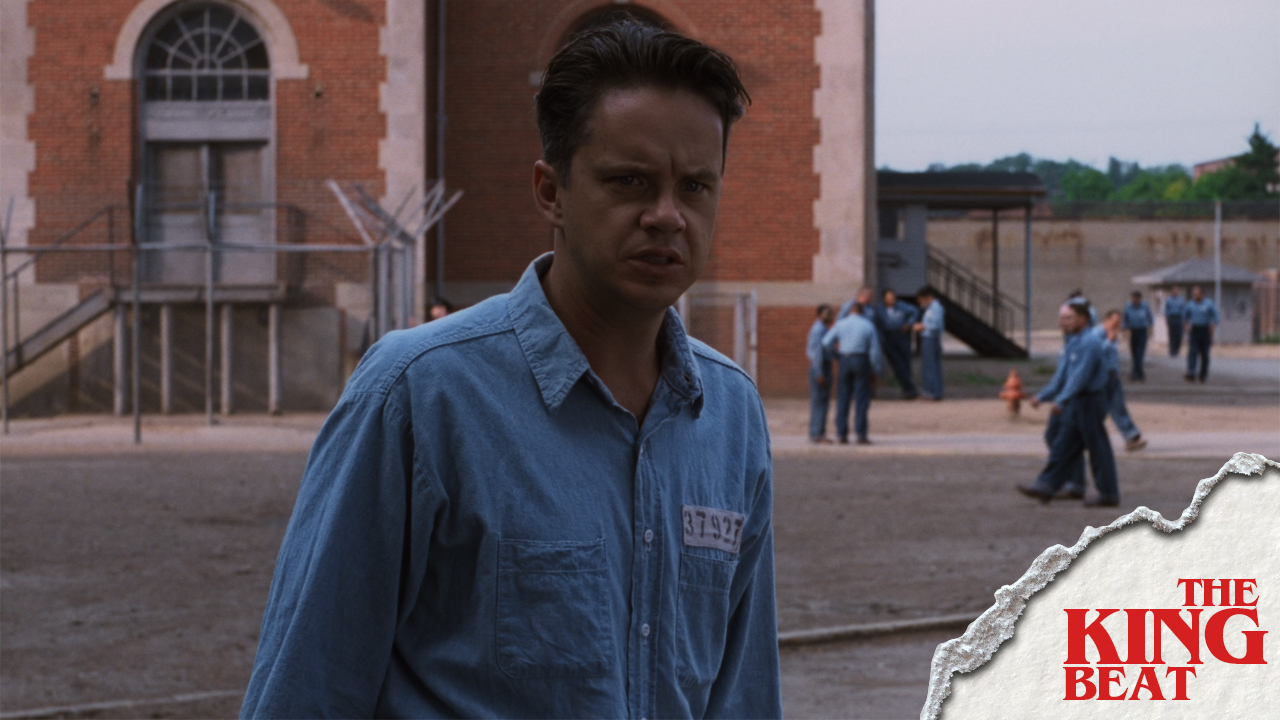
We are now less than one month away from the release of You Like It Darker, the new short story collection from Stephen King… but that’s May business, and we’re still wrapping up the exciting events from April 2024. This past week, fans everywhere got to celebrate the 35th anniversary of director Mary Lambert’s Pet Sematary (which first came out on April 21, 1989), and filmmaker Mike Flanagan has revealed via Letterboxd that he has completed work on The Life Of Chuck – but those are side stories compared to everything else that’s cooking for this new edition of The King Beat.
In the last seven days, Tim Robbins has addressed a plot hole in The Shawshank Redemption, Stephen King has looked back on what he’d change in Carrie, and the historic Timberline Lodge from The Shining has started bouncing back from a massive fire. It’s been a busy week in the world of Stephen King, so let’s dig in!
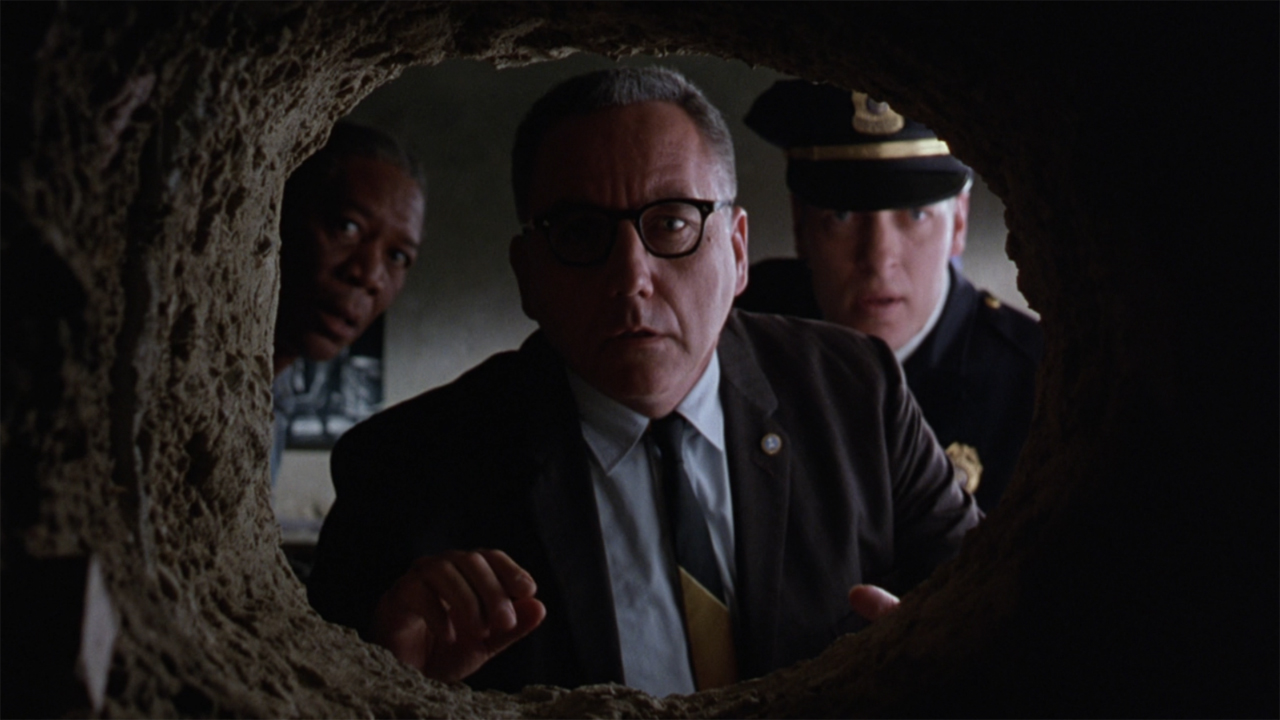
How Did Andy Dufresne Properly Cover His Tunnel In The Shawshank Redemption? Tim Robbins Refutes A ‘Mistake’ In The Stephen King Adaptation
Whether it’s Toy Story’s Buzz Lightyear freezing when humans are around or the water in our atmosphere somehow not killing the aliens in Signs, there are plenty of popular movies with massive holes their plots… but is Frank Darabont’s The Shawshank Redemption one of them? If you do a casual search around the internet, you’ll find that a number of people say “yes” – with the big issue in question concerning the poster that Andy Dufresne uses to cover his secret escape tunnel. But one notable person who disagrees with this assessment of the beloved ‘90s film is Andy himself, Tim Robbins.
The Shawshank Redemption will officially celebrate its 30th anniversary later this year, but the festivities at the 2024 TCM Film Festival this past week jumped the gun a bit by hosting a special panel featuring Robbins and Morgan Freeman reflecting on their time making the movie. The conversation touched on many behind-the-scenes stories from the production, and it was toward the end that Freeman brought up the popular plot hole: how was it that Andy secured the poster that he used to cover the tunnel in his cell when he was escaping? Explaining, “So easy. This is so easy,” Robbins mimed his method to the crowd, saying that Andy pinned the top of the poster, lifted it, and then let the poster swing down behind him when he went in.
You can watch his reaction to the question around the 15:03 mark in the video below – which is particularly worth watching for the exasperated shrug that Tim Robbins delivers post-explanation:
I happen to agree with Tim Robbins that what is proposed as a plot hole here is pretty weak tea. If you rewatch the scene where Warden Norton (Bob Gunton) discovers the tunnel behind the Raquel Welch poster, you’ll note that Frank Darabont never shows the bottom corners of the poster. It doesn’t take a stretch of imagination to believe that Andy put enough adhesive on the bottom of the poster that it was weighted down and stuck to the wall when it fell into place behind him after he started making his escape. It’s true that we never see him acquire any glue or tape for this specific purpose, but the man is obviously resourceful, and audiences shouldn’t need every single little detail of a story explained to them.
To be frank, the conversation about securing the poster in The Shawshank Redemption is small potatoes; if one wants to have a real debate about the brilliant Stephen King movie, the real question that needs to be asked is about the innocence of Andy Dufresne. The guy certainly looks terribly guilty at the start of the story – established as being drunk and in possession of a gun outside the house where his wife and her lover were having an affair – and the only evidence he ultimately has in his defense is the word of another felon who says a former cellmate bragged about the crime. We as an audience like to assume that he is innocent because of his status as protagonist, but there’s hardly enough in either the novella or the movie to totally exonerate him.
CINEMABLEND NEWSLETTER
Your Daily Blend of Entertainment News
Should you care to rewatch The Shawshank Redemption or reread “Rita Hayworth And Shawshank Redemption,” the former is available for digital rental or purchase from major online retailers in addition to being available on 4K UHD, and the latter is included in the 1982 Stephen King collection Different Seasons.
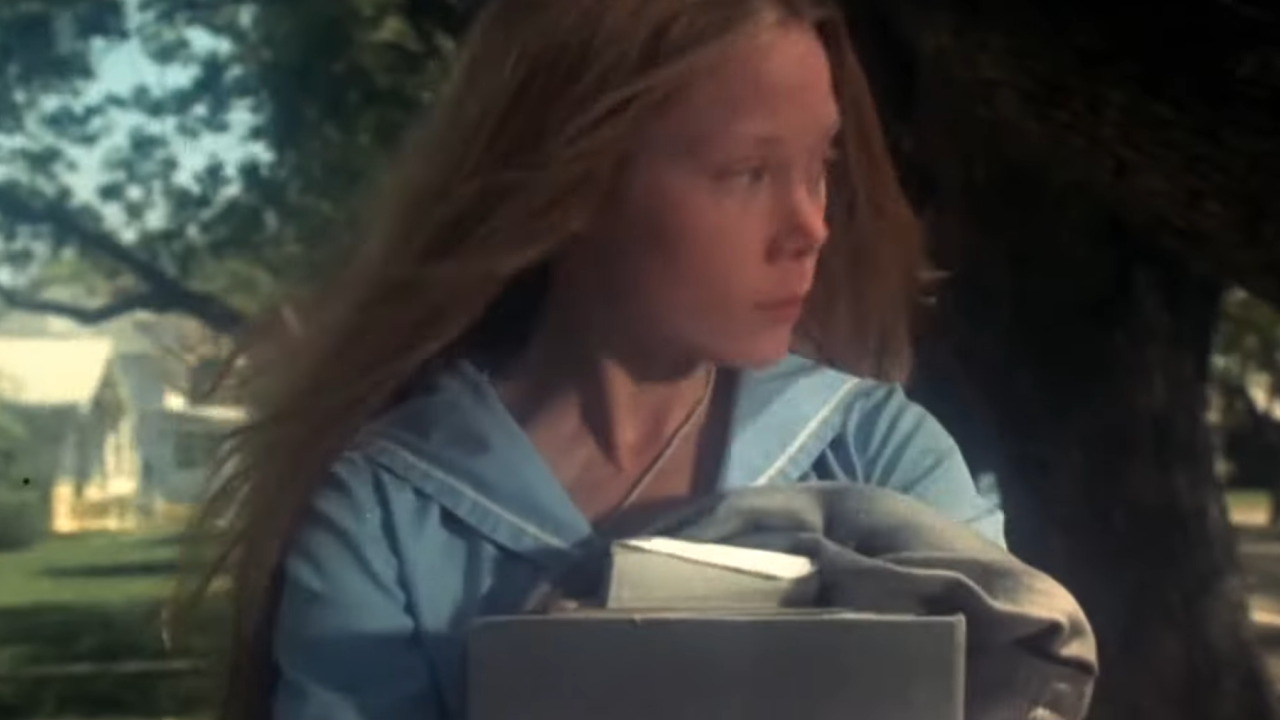
Stephen King Reflects On The Legacy Of Carrie And What He Would Change About The Book
You don’t have to be a Stephen King obsessive to understand the importance and powerful legacy of Carrie. First published in 1974 and subsequently adapted as a movie in 1976, the book launched King’s career and opened the door for the author to subsequently make his indelible mark on 20th/21st century pop culture. There has been a lot of reflection on the work recently thanks to the fact that the story’s 50th anniversary was earlier this month, and this past week, King both explained what he change about the tome and why it’s a novel that’s particularly important to him.
At the end of last week, The New York Times Style Magazine published a special feature on “Beginners,” and it includes a section where established artists discuss the starts of their careers. In addition to Amy Tan discussing The Joy Luck Club, Tracy Chapman remembering her self-titled debut album, and Chloë Sevigny looking back at the movie Kids, King delivers his insightful thoughts on Carrie. He notes that he doesn’t make a big habit of revisiting past work – creating an analogy to the card game Hearts by saying, “If it’s laid, it’s played” – but he does acknowledge that there are a few things that he would alter about the work in reflection:
I’d change a lot. It would have a little more depth when it came to the characters. Remember, it started as a short story... Also, there are pejoratives that were common then that I wouldn’t use now, even though they’re realistic and come out of the mouths of characters we don’t like.
In counterpoint, I would say that the character depth in Carrie is actually pretty remarkable, with the personalities and perspectives well-handled in the book’s special epistolary structure, but as the saying goes, we are our own worst critic.
Stephen King doesn’t look back at his debut novel as being perfect, but it does hold an extra special place in his heart for an important reason: it was the only novel he wrote that his mother had the opportunity to read. Nellie Ruth Pillsbury King died at the age of 59 in late December 1973, and it was actually because of Carrie that her son was able to afford proper care for her in her final days:
One of the things I think about a lot was that my mother got to read it. She had cancer at that point and died before any of my other books were published. Because of “Carrie,” I had a chance to take care of her and get her in a hospice. By then we had the money, otherwise we would’ve been out of luck.
It’s a shame that Stephen King’s mother didn’t live to see the phenomenal success that her son would become, (he was in the process of writing his second book, Salem’s Lot, when she passed away), but it is lovely that she did get the chance to read his seminal novel.
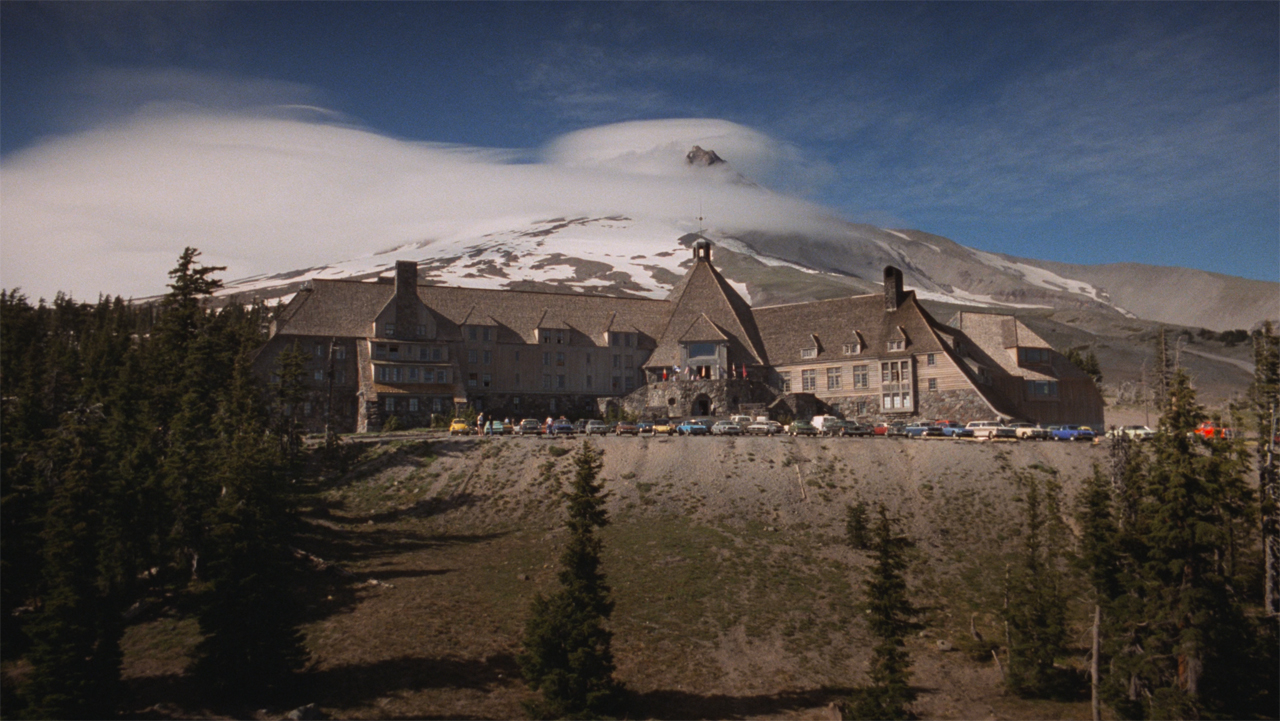
Following A Roof Fire, The Timberline Lodge – One Of The Inspirations For Stanley Kubrick’s The Shining – Has Reopened
If you’re a massive fan of The Shining, there are three special hotels you should mark on a map as places to visit. The first is The Stanley Hotel in Estes Park, Colorado – which is where Stephen King stayed when he first got inspired to write the novel. The second is the Ahwahnee Hotel in Yosemite National Park, California – which has interiors that specifically influenced the design of Stanley Kubrick’s genius 1980 film. The third is The Timberline Lodge on the south side of Mount Hood in Oregon – which was used for exterior shots in Kubrick’s movie…and is in the news this week because it has reopened following a roof/attic fire.
Per Fox 12 in Oregon, a blaze began on late Thursday evening last week at the 87-year-old hotel, and it required almost 100 firefighters to stop it. One hundred and twenty guests had to be evacuated from the site during the incident. Unlike The Overlook Hotel in Stephen King’s The Shining (which burns down at the end), the Timberline was saved as 8,000 gallons of water were used to douse the flames, and the staff of the hotel was able to get the establishment back up and running quickly. Doors reopened this past Sunday.
John Burton, the Director of Marketing and Public Affairs for the Timberline Lodge, told Fox 12 that there has been a love shared for the hotel globally since the fire – though he didn’t specifically point to the building’s cinematic history:
It feels great to have some of that energy back. The outpouring of support that we’ve gotten literally around the globe has reminded us of people’s love and affinity for Timberline.
We can be thankful that there weren’t any reported injuries from the fire and that the damage is manageable. Per Fox 12, the nonprofit Friends of Timberline has committed to up to $100,000 for the building’s restoration.
Recommendation Of The Week: "Before The Play"
This week’s recommendation comes as a reflection on the news about the Timberline Lodge. The Overlook Hotel is mentioned in a few Stephen King stories outside of The Shining and Doctor Sleep (Misery and Billy Summers are the two titles that immediately spring to mind), but the short story “Before The Play” is special in that it brings Constant Readers into the Rocky Mountain lodging in the years prior to the disastrous arrival of the Torrance family.
Setting the stage for the horrors that transpire in The Shining, “Before The Play” has notably not been collected in any of Stephen King’s many official omnibuses, but I’ll just say that it doesn’t take expert Google skills to hunt the story down and gain a whole new perspective into the history of literature’s most notorious hotel.
That wraps up this week’s edition of The King Beat, but be sure to head back here to CinemaBlend next Thursday for my latest column. Meanwhile, you can read my series Adapting Stephen King – a chronological examination of every Stephen King film and television adaptation.

Eric Eisenberg is the Assistant Managing Editor at CinemaBlend. After graduating Boston University and earning a bachelor’s degree in journalism, he took a part-time job as a staff writer for CinemaBlend, and after six months was offered the opportunity to move to Los Angeles and take on a newly created West Coast Editor position. Over a decade later, he's continuing to advance his interests and expertise. In addition to conducting filmmaker interviews and contributing to the news and feature content of the site, Eric also oversees the Movie Reviews section, writes the the weekend box office report (published Sundays), and is the site's resident Stephen King expert. He has two King-related columns.
